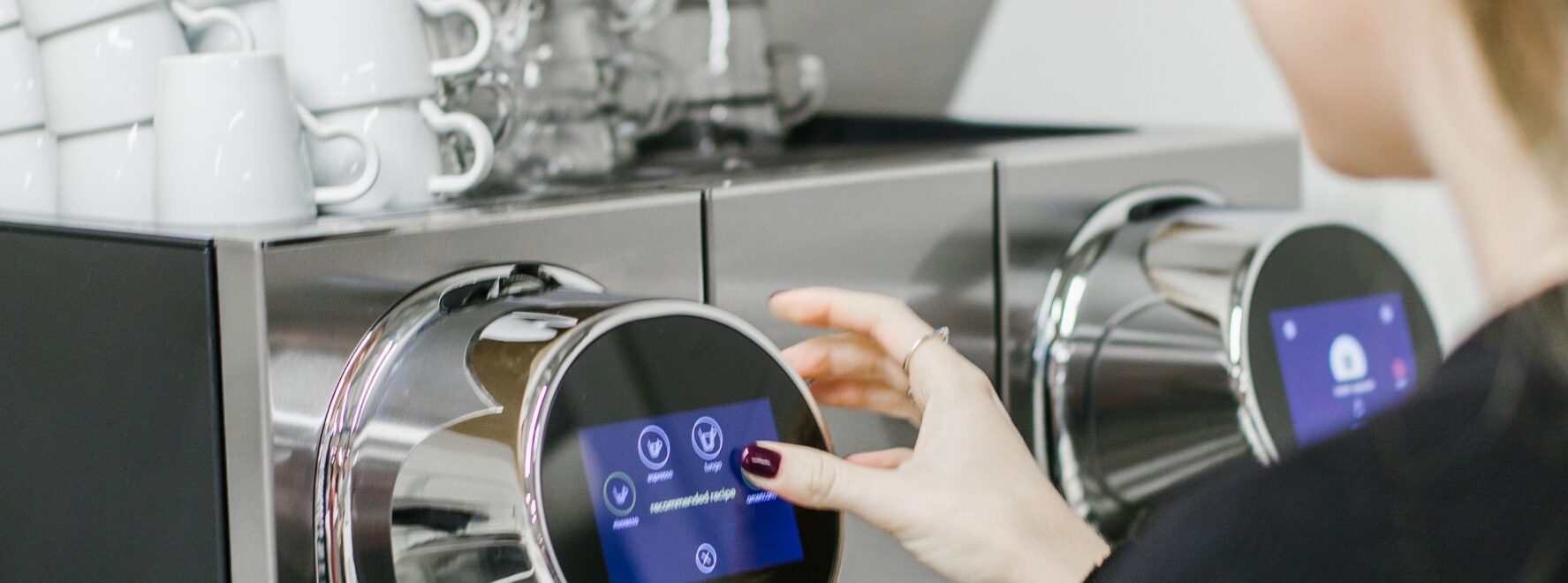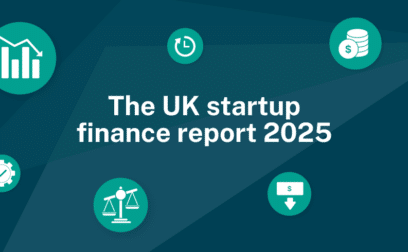2022 and 2023 have seen the wholesale cost of energy rise by up to 800%. Skyrocketing demand in the global bounce-back from the pandemic, oil production reductions, the conflict in Ukraine – they have all come at once and the impact has caused a dramatic rise in prices.
In the UK, the government has taken steps to protect households and businesses from the full scale of energy price escalation, but even so, most households and businesses are paying more than double for their energy than they were a year ago. The good news is, prices are expected to fall in the mid-term. The bad news is, in the short term they are going to keep going up. Despite government help in Energy Bills Discount Scheme, which is currently shielding UK industry from the impact of full prices, there are many ways to save on business energy. Here are 10 of our top tips to help you save on business gas and electricity.
1. Conduct an energy audit of your business
Businesses waste a lot of the energy they buy. A 2022 survey found that UK organisations waste enough electricity per year to power London for seven years, and at a cost of more than £39billion. Clearly, cutting waste is an obvious way to reduce your energy bill. However, you can’t make savings if you don’t know where the wastage is. Things like poor insulation, inefficient lighting, and badly maintained machines can place a heavy toll on your electricity and gas consumption. But how can you find out which is most at fault? An energy audit runs a fine-tooth comb over your business premises, revealing all the areas where energy savings can be made. You can hire a professional auditor to conduct this examination, which will cost you about 1% of your energy bill, or you can do it yourself by following a comprehensive checklist. Either way, an audit could shave up to 40% off your energy costs.
2. Turn off all non-essential equipment when the business is closed
Most businesses close at night, but machines are often left turned on. Even when they’re not in use, ‘vampire’ machines and devices such as computers, printers, and copiers, continue to burn electricity in ‘sleep mode’. Turn off everything you can at the end of the business day.
3. Maintain steady heat and A/C
Don’t fiddle with the heating and A/C controls. Constant adjustment wastes energy and costs money. Set a comfortable temperature and let the thermostat and timers do the rest.
4. Switch from electric to gas for heating
Even with the cost of installation, it may work out cheaper in the long run to heat your premises with natural gas than higher priced electricity.
5. Keep heating vents clear
Warm air needs to circulate to be effective. Obstructing the airflow from vents with furniture or other obstacles will make your heating less efficient and consume more energy. Even a dirty filter can make your heating less effective. Change filters every three to six months depending on your type of business. (Manufacturing sites will typically need filters changing more regularly than office space or retail).
6. Cool down for less
Air conditioning is costly to use, with the typical central A/C unit consuming 3500 watts per hour when running. Other cooling methods, such as desk and ceiling fans run for a tiny fraction of this cost. Additionally, just like heating systems, A/C systems also need clean airflow for best efficiency. Keeping vents clear of obstructions and changing filters every three to six months could cut up to 15% off your air conditioning’s energy consumption.
7. Reduce hot water use
It costs money to heat water. Consider ways to lower the hot water use in your place of business. This means everything from leaky hot water taps to over-filled kettles and unnecessary vehicle cleaning.
8. Scrap your old incandescent and fluorescent lighting
Old tech lightbulbs and tubes use up to four times more electricity than modern LED, and they burn out much faster. A typical LED light will last for up to 15 years, compared to 2 or 3 years for an incandescent bulb. In some cases, changing to LED can lop 75% off your lighting bill and will return the up-front installation costs in less than a year.
9. Make the switch to solar
Commercial solar panels give you free electricity from the sun, and they don’t even need a sunny day to work. Modern panels will generate power when it’s raining and cloudy and throughout the year. You can also install solar batteries to store your surplus solar power for use after dark, or you can sell it back to the grid. Most commercial solar panels will keep providing peak output for up to 30 years, so they’re a long-term investment. Depending on your business location, you may qualify for a local grant to cover the cost of installation, if not, there are many low-cost ways to finance your switch to solar.
10. Change supplier
It may not reduce your business energy consumption, but it could lower the price you pay per unit. If you can switch supplier without incurring a penalty, shop around for a better tariff.
Can I pay less tax on my energy bill?
Possibly. All UK businesses pay VAT and something called the Climate Change Levy (CCL) on their electricity and gas consumption. Most businesses will pay 20% VAT, but certain organisations could pay the reduced rate of 5%. Additionally, the CCL, a tax designed to encourage lower energy consumption, also has reductions and exemptions available for qualifying businesses.
How can I make further savings on my business energy bills?
As the cost of doing business keeps rising, organisations must reduce their costs to stay competitive. Making savings starts with your energy bill. As well as following the tips above and making sure you pay the lowest rate of VAT and CCL, check you’re on the best electricity and gas tariffs, and you’re claiming every refund and exemption you’re entitled to.
Don’t miss out on savings. Get in touch with Swoop and speak to an energy expert to help you find the best tariffs, pay the lowest VAT and CCL, and keep your energy costs in check.
Swoop requires writers to use primary sources to support their work. These include white papers, government data, original reporting, and interviews with industry experts. We also reference original research from other reputable publishers where appropriate.



































 yet? Register here!
yet? Register here!